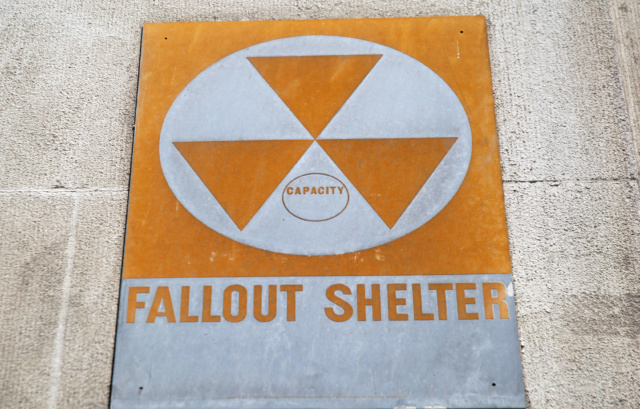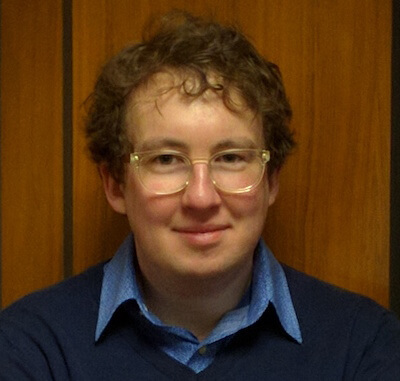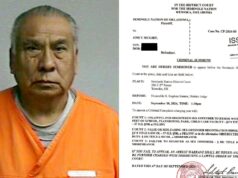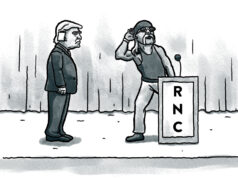
With five minutes’ notice, we can destroy the world. In the span of about an hour or two, it is possible to kill most human life on this planet. At any given time, there are hundreds of people in North Dakota, Montana and Nebraska, waiting for the order to turn their keys. And, unlike John Spencer in War Games, they will turn their keys. Without question.
America’s nuclear weapons are incredibly powerful. They can inflict damage on a scale that was hitherto unimaginable. We can destroy the world. We choose not to. And for that reason, we are the strongest nation on Earth. That could change today.
An Austrian anecdote
Austria is a small and relatively unimportant country. With about 8 million citizens, it is a relatively small country. It isn’t a member of NATO, and while it could theoretically exercise a lot of power within the European Union, the nation seems perfectly content doing whatever Germany tells it to do. Austria is fat and happy on pastry and wine and doesn’t see the need to change. It has a very small, exclusively defensive army that relies on the goodwill of their neighbors not to attack them anytime soon. It serves primarily as a means to train young men to drive large trucks and learn other vocational skills. But Vienna during the Cold War was the capital of international espionage and intrigue. It still is the headquarters of numerous important international organizations and a hub for spying in Europe.
Speaking on Friday with a friend who works in Vienna and who is well-placed in political circles, I was told that people are coming to grips with the fact that, on Jan. 20, a man without much in the way of temperament or experience — a man without an understanding of international politics or diplomacy — could soon have his finger on the United States’ metaphorical nuclear button. People who look to and admire the United States as a beacon of democratic power (power that is exercised most effectively in restraint) are terrified of what might happen if Trump is elected.
‘Their trust is our strength’
Trump’s vision of international relations, insofar as he might be said to have one, is that our strength comes from ourselves alone. We are strong because we are strong, and we need a great man (e.g. him) to make us stronger. President Obama, therefore, has destroyed America because he is weak. Vladimir Putin is strong because he goes and does things that make him appear strong, like flattening Aleppo or annexing Crimea. But these things do not make Putin strong. Indeed, they make him weak. He attracts no friends worth having by bombing hospitals and schools in that deeply suffering city.
What people like Trump don’t understand is that our strength in the world comes not from the fact that we could wipe out Slovakia in minutes, but that we choose not to do so. People make a positive choice to respect the United States as a powerful state because we exercise restraint. Only troubled people who find pleasure in the death and destruction of war can respect the negative example of Vladimir Putin, who seeks to build Russia as a great power fueled by the blood of innocents. And other countries like Germany, France and Japan place their trust in us to be a stable and reliable security partner. Their trust is our strength. They pay us enormous amounts of money, billions and billions of dollars, and allow us to base our troops in their countries. It is in their fundamental interest that we remain a strong and stable partner. They trust and support us to lead the world. In return, our strength protects the global security system that has prevented a major conflict since 1945.
Global security requires cooperation. It requires an understanding of a common global interest or, at the very least, an interest shared between a group of democratic states. If the United States cannot or will not act responsibly as a world power, would Trump rather that Germany take our mantle of leadership as we become a rogue state?
‘Power alone will not save us’
In studies of international relations, Thucydides’ History of the Peloponnesian War is often cited as the original work on how states relate to one another. Athens went to the small island of Melos and threatened to destroy them, claiming that the strong do what they may, and the weak suffer what they must. This is often considered the starting point for the “realist” view of international relations. The strong are strong and do what they will in the world. The elders of Melos replied, saying that Athens should not destroy their common protection, that glue that holds the system together. “The fall of Athens,” they said, “would be the fall of all men” who sought the protection of the norms and rules that govern international relations and that protect the weak from the strong. Great powers, Athens and the United States among them, gain nothing from abusing their power.
Power, as we know, never lasts forever. Power alone will not save us. Our interest, for the future of our country, is in the creation of a system of peaceful and democratic states, to keep and preserve the peace we have enjoyed since 1945. Is it perfect? No, it isn’t. Have we made mistakes, like in Vietnam or the 2003 Iraq war? Yes, we have. But the system managed the sudden collapse of a great power in the Soviet Union with barely a shot fired. If we should be half as lucky in the future, we will have been truly blessed.
On Election Day, we must consider more than just the cost of college or rebuilding infrastructure or even a wall along the Rio Grande. It’s about the preservation of peace and the future of the world system that has preserved it.
I’m voting for Hillary Clinton because “stronger together” isn’t just a campaign slogan. It’s a worldview. We’re stronger when we work together with our allies.
Vote like the whole world depends on you. Because it does.






















